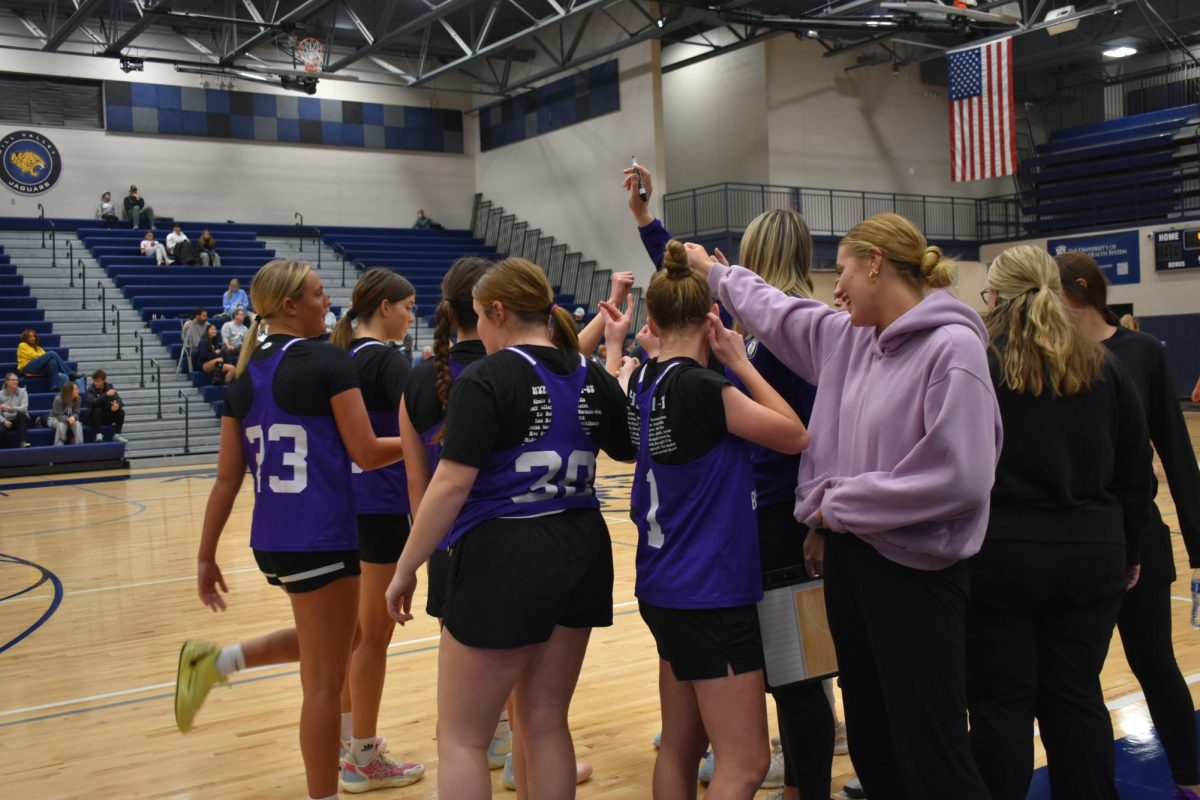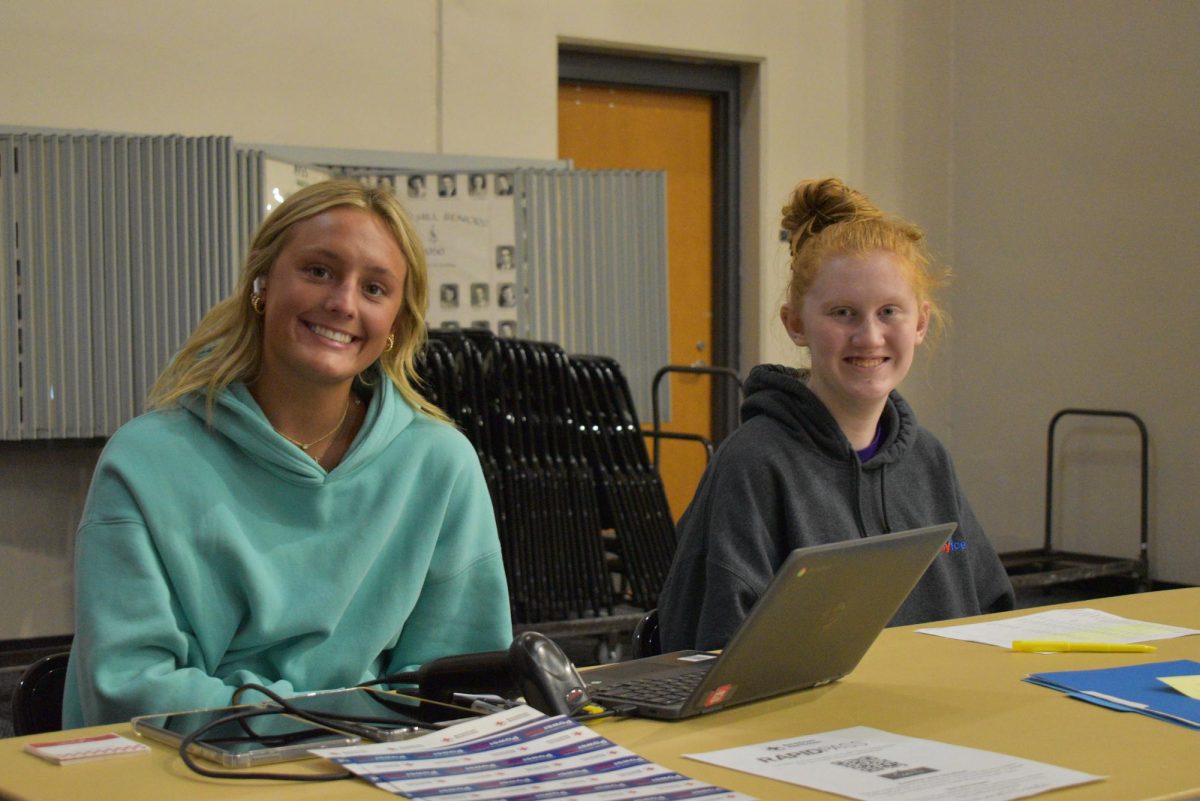Like every other high school organization or team, publications also have an important policy or set of rules. In anti-Hazelwood states, where student journalists are protected under the anti-Hazelwood laws, the members of the publications staff are able to publish what they want without censorship from their schools administration.
However, only 17 states are protected under the anti-Hazelwood laws, Kansas being included. Therefore, 33 other states, including Missouri, are censored by their schools administration. Censorship from administration is causing quite a lot of drama in the Columbia Public School District, in MO. Publications Staff at Rock Bridge High School, in the CPS district, have had to pull multiple stories from Bearing News, the staff’s online website, and The Southpaw, the staff’s newspaper.
This is affecting not only returning publication staff, who have seen differences from previous years, but first year staff members as well. Ella Wampler, 12, a first year staff writer at RBHS spoke out about how restrictions have affected their first year on staff.
“[The school’s publication restriction] has made us timid. [The staff] have to be careful in what we choose to cover and how we choose to cover it due to fears of restraint, review, and legal actions. It’s also turned out staff into pseudo-activist in our journalistic pursuit,” Wampler said.
Wampler had different expectations for their first year on staff that were not met because of their schools heavy restrictions.
“I did not expect to be disappointed by my district and the policies that affect student journalism. It’s strange to see that in the school where we are taught about historical figures who used their voice to make change and how great they were, there’s also this stipulation to how we as student journalists get to use our voices,” Wampler said.
These heavy restrictions have made it difficult for Wampler and the rest of the publications staff at RBHS to publish stories that they are passionate about.
“I’ve tried as best I can to cover issues with our school and the way that it’s run, but with the fact that we are a closed forum, there’s is always the fear that our publication could be restrained or restricted in some way if we cross the line of what the administration thinks is acceptable. I don’t want my article to be the tipping point where now all published material will be subject to prior review and we can no longer speak our minds as a staff.”
Covering controversial or heavy topics is an important thing to cover as a student journalist, and staff at RBHS feel that their freedom of journalistic speech and expression is being taken away due to restrictions.
“Freedom of speech is a super important part of American life. It acts as the ultimate check against power, and a way that people can openly call out what they see to be the issue without fearing repercussions… because of our first amendment freedoms, if our country has an issue we are forced to address it in some fashion. [Freedom of speech] is one thing I’m most proud of about the United States,” Wampler said. “I think that Freedom of speech allows for the kind of diversity of thought and beliefs that we have in the United States… Freedom of speech on an individual level also protects our right to be different and express that to the world. There is no forced homogeneity, because freedom of speech allows us to talk about what we think and the ways that we are different.”
Wampler and other staff members at RBHS have decided to do something about the restrictions at their school in order to try and gain their freedom of journalistic speech.
“Three of us, including myself, ended up writing our state representatives in support of the Cronkite New Voices Act, which would essentially legally turn all student publications into open forums.”
The New Voices Act is set to appear in court sometime in the next year and if it is passed, MO and seven other states will join the other 17 anti-Hazelwood states, giving Wampler and thousands of other student journalists complete freedom of journalistic speech.
(All information regarding New Voices Act comes from https://splc.org/new-voices/ )






